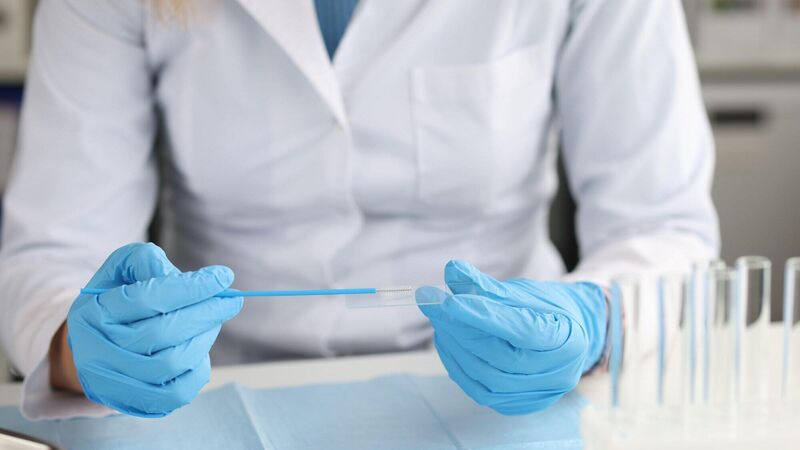Self-testing HPV kits could increase numbers willing to be screened

The CervicalCheck programme is now considering ways in which self-sampling kits could be added to the screening programme for the virus which can put women at risk of developing cervical cancer.
The introduction of self-testing kits for HPV could increase the number of women willing to get screened for the virus, new Irish research shows.
The CervicalCheck programme is now considering ways in which self-sampling kits could be added to the screening programme for the virus which can put women at risk of developing cervical cancer.













